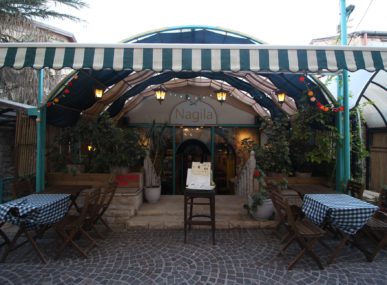“‘Organic’ is natural,” says Chiboub Founder of Elixir, a comprehensive initiative based solely on organic farming. “It has been six years since the farm completely shifted to be fully organic and devoid of any chemicals based on my own strong convictions.”
Though organic agriculture (OA) results in 20% output for high-input systems in developed countries, the output could be as high as 180% for low-input systems in arid areas.
Elixir is on the right path:
The farm which is located in Oudhna, a town 20 kilometers from Tunis, was given administrative support as part of the state’s stance on OA through its attention and policy-making. In 2006, a striking 34% of organic farmers were based in Africa, but OA is still considered underdeveloped across the continent. The Ministry of Agriculture says that organic-cultured land can, in fact, grow 400% to reach four million hectares (almost 10 million acres) signalling opportunities for foreign investors.
“Elixir is Elixir’s main distributor,” explains Chiboub saying that the clientele varies, though they are mostly individuals rather than merchants. “Elixir has a distribution outlet in Tunis but there are some other vendors who are specialized in organic products who deal, in part, in our production,” he adds.
Unlike other entrepreneurs, Chiboub did not encounter many hardships financing Elixir. “Sixty percent of our funding is personal while the rest comes from bank loans,” he adds.
Societal involvement and awareness:
Like most issues, media and awareness are synonymous in the sense that the Tunisian media is largely responsible for knowledge dissemination on matters of the environment and how culpable people are in jeopardizing it.
“The media is working in harmony with environmental initiatives such as ours. There are awareness and a civil society that seeks to inculcate such knowledge in people’s dogmas,” Chiboub says.
Beyond Tunisia, Chiboub does not reckon there could be an expansion, however, he does not eliminate the idea entirely: “We do not usually end up with large amounts of excess produce to be exported, though there is a possibility this could take place with products such as olive oil,” remarks Chiboub. “As we know, organic produce is good for quality rather than quantity.”







